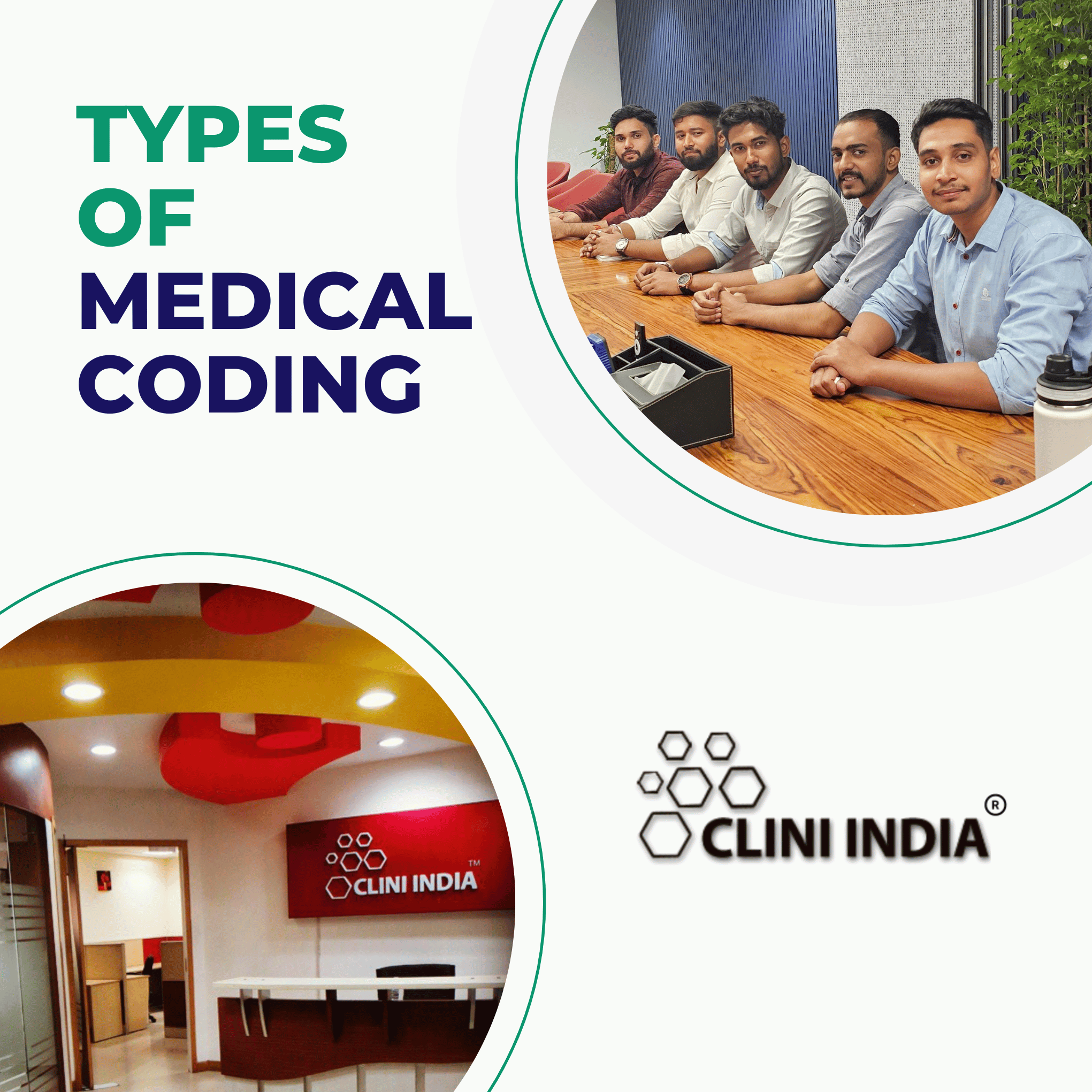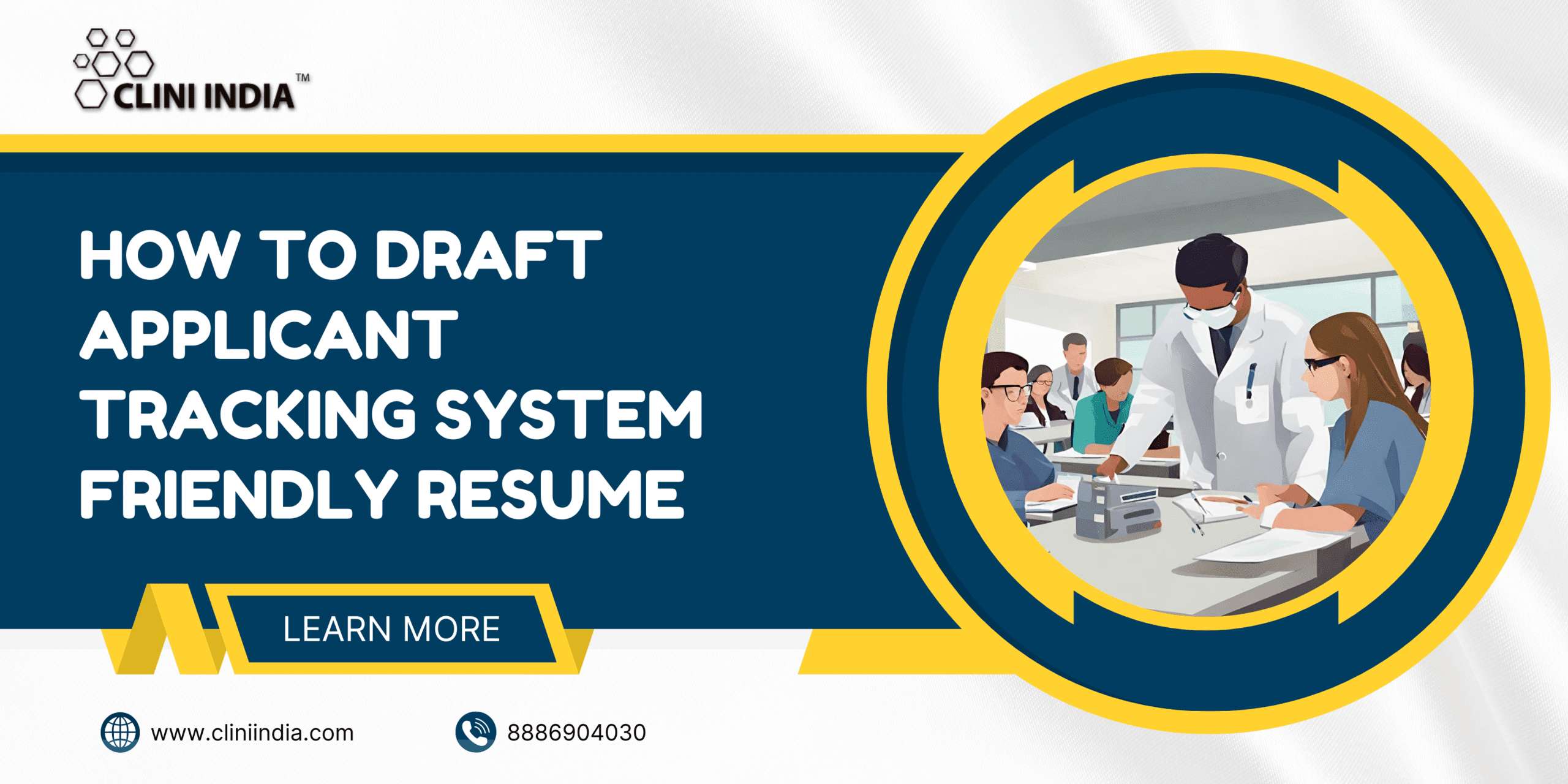

Clinical Trials and Its Importance.
What is a clinical trial? A clinical trial is a research investigation when a new treatment is first given to humans, with or without a disease, to establish if the drug is safe and effective at treating the disease. Clinical trials, also known as clinical development...

Clinical Research Coordinator (CRC) Interview Questions and Answers
Clinical research is a complex and challenging field that involves conducting studies and trials to determine the safety, effectiveness, and side effects of new drugs, therapies, and medical devices. If you’re interviewing for a job in clinical research, you need to...

Clinical Research Certification course in Hyderabad
Clini India offers Certification Program in Clinical Research, Pharmacovigilance, Clinical Data Management and Medical Writing. Institute has been awarded for its Quality Training and Placements in Clinical Research Industry. Institute has great alumni network from...

Five reasons why you should consider a Clinical Research Career
The Indian Pharmaceutical sector is one of the most booming industries globally and in the domestic market. With an annual turnover of Rs. 1.4 lakh crore (US$ 20.03 billion) in 2019, the Indian pharmaceutical market supplies around 50% of the global demand for various...

Clini India- Clinical Research Course Online
Clini India- Clinical Research Course Online Are you a fresh graduate eager to embark on a rewarding and dynamic career path? Consider a career in clinical research, a field that offers a unique blend of scientific exploration, ethical responsibility, and diverse job...

Clinical Research Jobs for freshers
Searching for a job in clinical research as a fresher can be a challenging but rewarding process. Here’s a step-by-step guide on how freshers can approach their job search in clinical research: Understand the Basics: Research and understand what clinical research...

























































